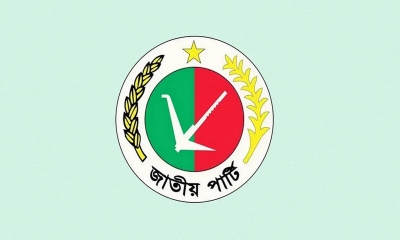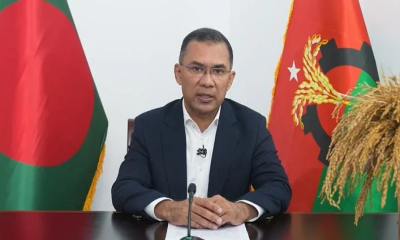The U.S. government has introduced new rules to regulate voluntary carbon credits, aiming to boost confidence in the growing market after some notable offset projects failed to achieve the expected emissions reductions.
On Tuesday, leaders from the Treasury, Energy, and Agriculture Departments, along with President Joe Biden`s top climate and economic advisers, announced a joint policy statement to guide voluntary carbon market participation as part of broader efforts to support their development.
"Voluntary carbon markets can help unlock the power of private markets to reduce emissions, but that can only happen if we address significant existing challenges," stated Treasury Secretary Janet Yellen. "The principles released today are an important step toward building high-integrity voluntary carbon markets."
Many companies offset their greenhouse gas emissions by purchasing voluntary carbon credits, which represent emissions avoidance or removal through projects, mostly in developing countries. However, controversies surrounding the effectiveness of several large forest protection projects have shaken market confidence. As a result, several major companies have retreated from buying carbon credits.
Last year, the voluntary carbon markets experienced a decline for the first time in seven years. The new principles for "responsible participation" in offset markets, outlined by U.S. officials, include strict standards to ensure projects deliver real and measurable emissions reductions. Additionally, these principles mandate monitoring to prevent harm to local communities and urge corporate buyers to prioritize reducing emissions in their supply chains before opting for credits.
"Credibility is literally the commodity," said Energy Secretary Jennifer Granholm at the policy announcement event in Washington, D.C. "It`s a problem that VCMs haven`t always lived up to their promises."
The U.S. initiative to ensure "integrity" in voluntary carbon markets comes as organizations like the Integrity Council for Voluntary Carbon Markets (ICVCM) publish principles defining high-quality offsets. ICVCM Chair Annette Nazareth noted that the new principles align with its Core Carbon Principles, which are becoming the first independent global benchmark for high-integrity carbon credits.
"We are in a climate emergency and we need every tool in the box to meet the 1.5°C target," she said. "High-integrity carbon credits can mobilize private finance at scale for projects to reduce and remove billions of tonnes of emissions that would not otherwise be viable."
Marcene Mitchell, WWF`s senior vice president of climate change, stated that carbon credits "have the potential to unlock significant investment in a range of climate solutions" but stressed that "evidence-based science and guidance" are essential for companies to transform their operations and value chains.
Last year, the Energy Department announced it would purchase credits from projects aimed at removing carbon dioxide from the atmosphere to support that technology. The Agriculture Department has also launched a program to help farmers, ranchers, and forest owners participate in carbon markets by identifying high-integrity carbon offset programs. The agency is currently seeking input on implementing the program.
Additionally, the State Department has established the Energy Transition Accelerator, a carbon offset program designed to assist developing countries in transitioning away from coal, along with the LEAF coalition, which aims to combat tropical deforestation.
For More Reading: Carbon Credits: A step towards climate resilience


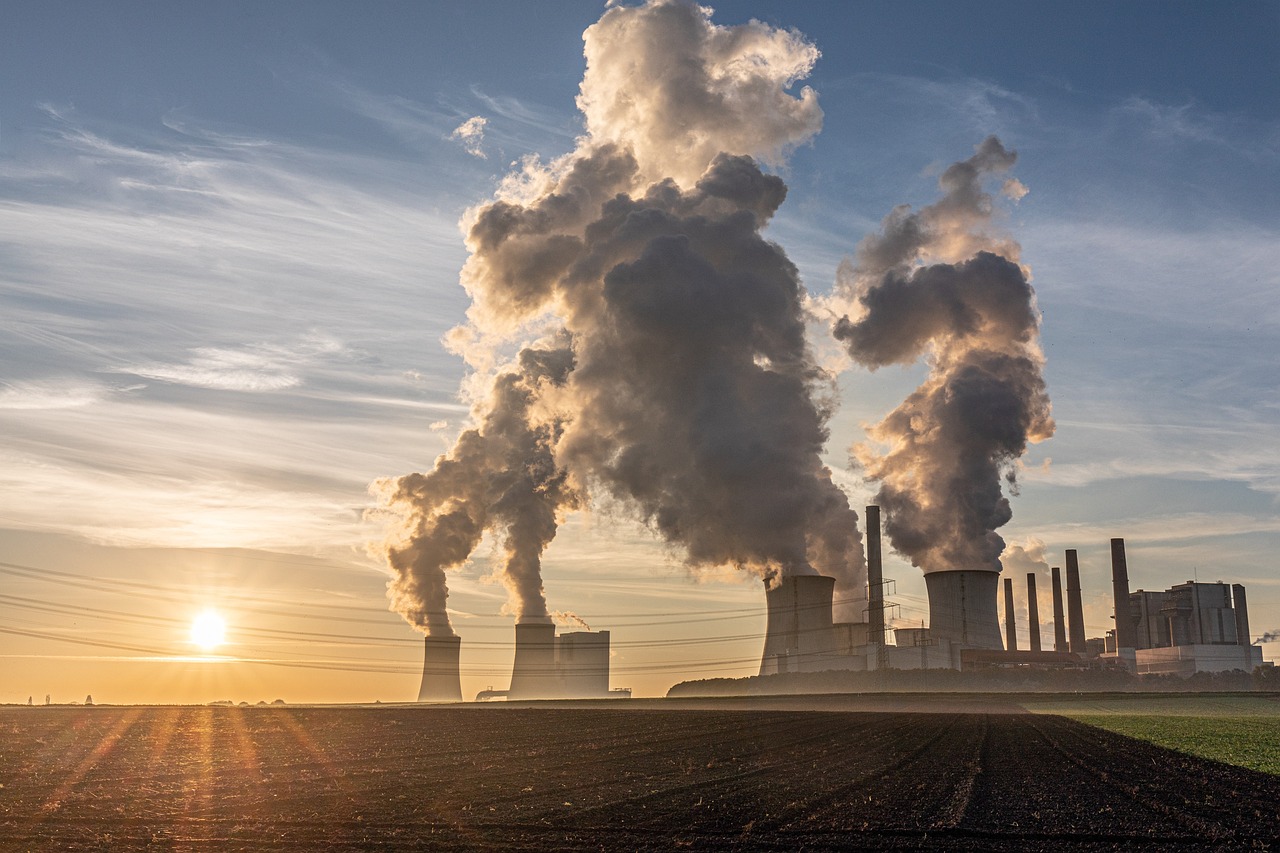


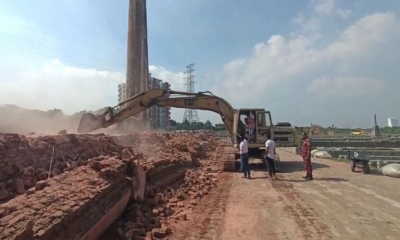

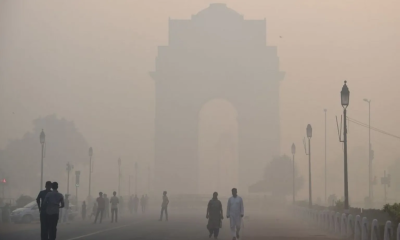
-20251226051932.jpeg)
-20251222051606.jpeg)


-20260217073221.webp)


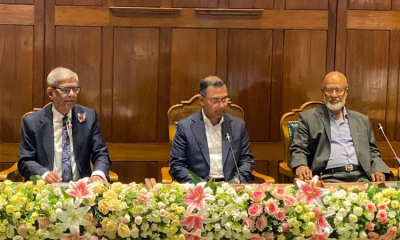

-20260216115008.webp)






